When pregnant, women do their best to follow a healthier lifestyle and diet for their babies and for themselves.
Some foods and drinks are not safe for consumption during these 9 months. We want to talk about them and also give you a very useful bonus at the end of the article, which is mandatory for all future moms!
Certain Types Of Fish
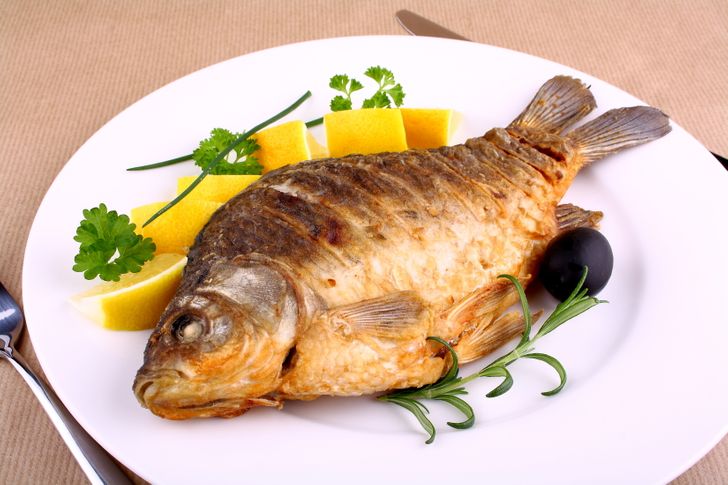
During pregnancy, it is better to stay away from 2 types of fish:
Fish are known to contain high levels of mercury. This includes large fish such as swordfish, shark, tilefish, tuna (big eye), and mackerel. Mercury has been linked to developmental problems and brain problems in babies. Carp contains moderate levels of mercury, so it should be consumed with caution: no more than 1 serving per week.
Fish caught in local rivers, streams, and ponds near large factories or other sources of pollution. Examples include salmon, anchovy, sea bass, pike, walleye, and trout. They can contain high levels of polychlorinated biphenyls.
Soft Cheeses
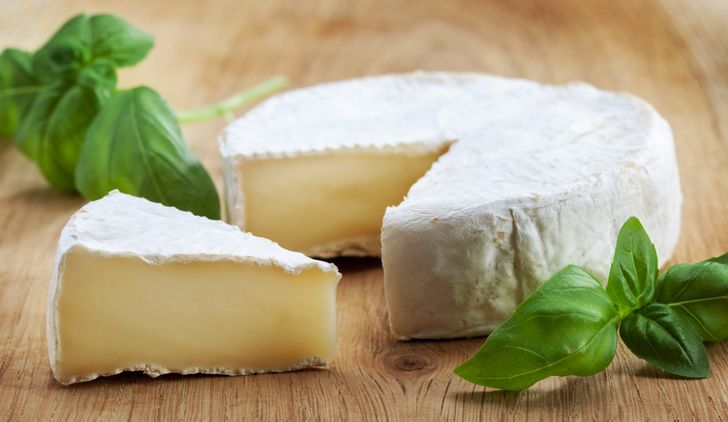
These delicacies can contain E. coli or listeria, bacteria that can cause you very unpleasant health problems and serious problems during pregnancy.
Examples of such cheeses include Roquefort, Camembert, Gorgonzola, feta, brie, queso fresco, white cheese, and bread, if they are made from unpasteurized milk.
Solution: Choose hard cheeses, such as Swiss or cheddar, or have soft cheese only if you are 100% sure it was made from pasteurized milk.
Too Much Caffeine

Excessive amounts of caffeine have been linked to low birth weight in babies, premature labor, and even miscarriage, so it’s important to keep your intake under control.
One cup of coffee or tea a day is considered safe, but try to keep it below 200 mg. And remember, green tea and soft drinks also contain caffeine, so don’t be fooled.
Tip: choose decaffeinated drinks. In general, water and natural juices are your best options.
Herbal Teas And Other Herbal Supplements
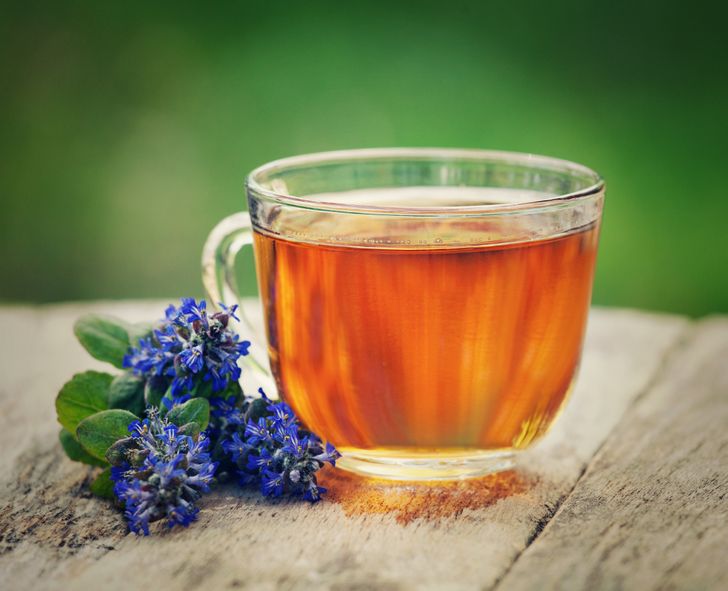
We all consider herbs to be some of the healthiest foods on planet Earth, and that’s largely true. However, certain herbs have been used for centuries to terminate the pregnancy, and unfortunately, they still have the same effect.
Your options: You can read about all the herbs you want to consume in a drink or in any other way. However, it may be better to avoid ready-made herbal blends in restaurants and stores (the team may not have 100% accurate information on their contents) and opt for a safer cup of regular green or black tea.
Alcohol
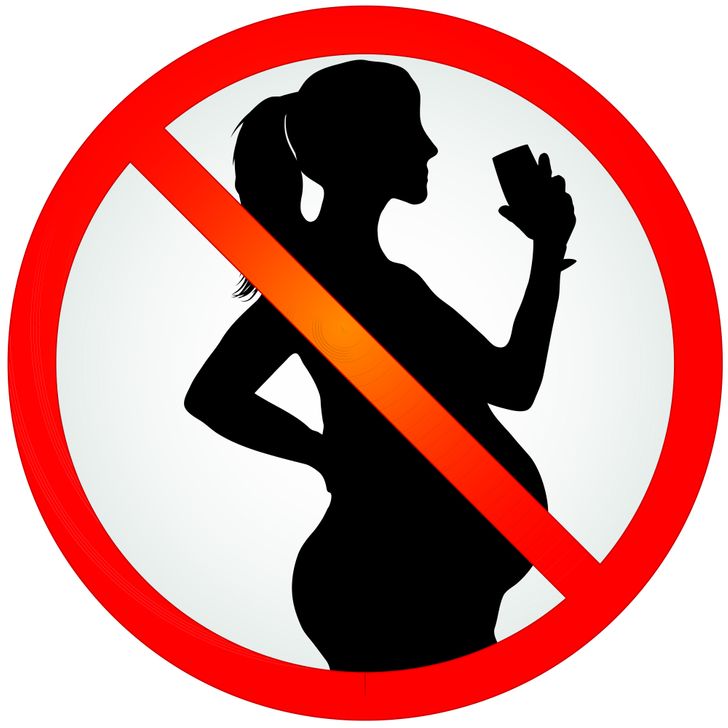
Unfortunately, the alcohol you drink can cross the placenta and reach your developing baby. And while adult bodies have special yeasts that help break down alcohol and remove it from the body, a fetus may have very small amounts or no alcohol at all.
Alcohol affects cell development and makes it difficult for nutrients and oxygen to reach their targets in the baby’s body. That is why there is no evidence at this time that even small amounts of alcohol are acceptable during pregnancy.
Remember that you may have an individual intolerance to some products such as bananas, lemons, tomatoes, etc. You should consult your doctor to find out what foods to avoid in this important period.
Bonus
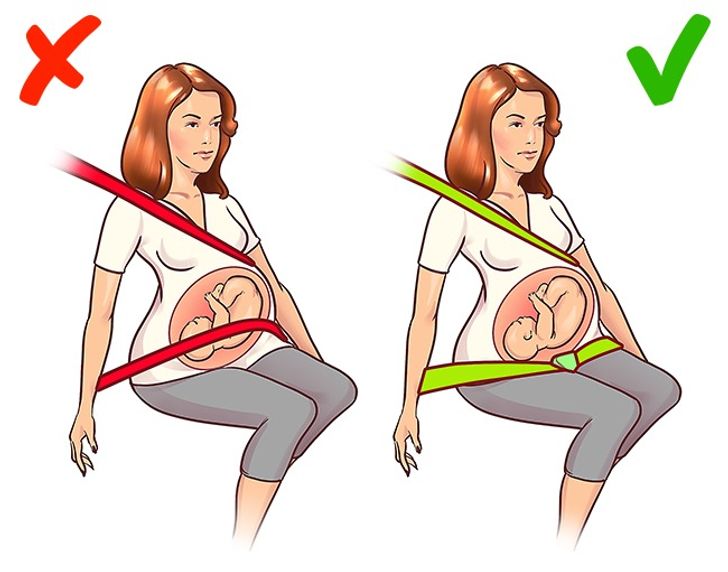
You should try to place the lap part of the seat belt as low as possible, closer to the hips than to the belly. This will prevent the belt from tightening around your baby in the event of a sudden stop.
And always remember that during pregnancy your concentration decreases due to various factors, so drive very carefully and make sure you sit at least 10 centimeters from the wheel.
Preview photo credit depositphotos


